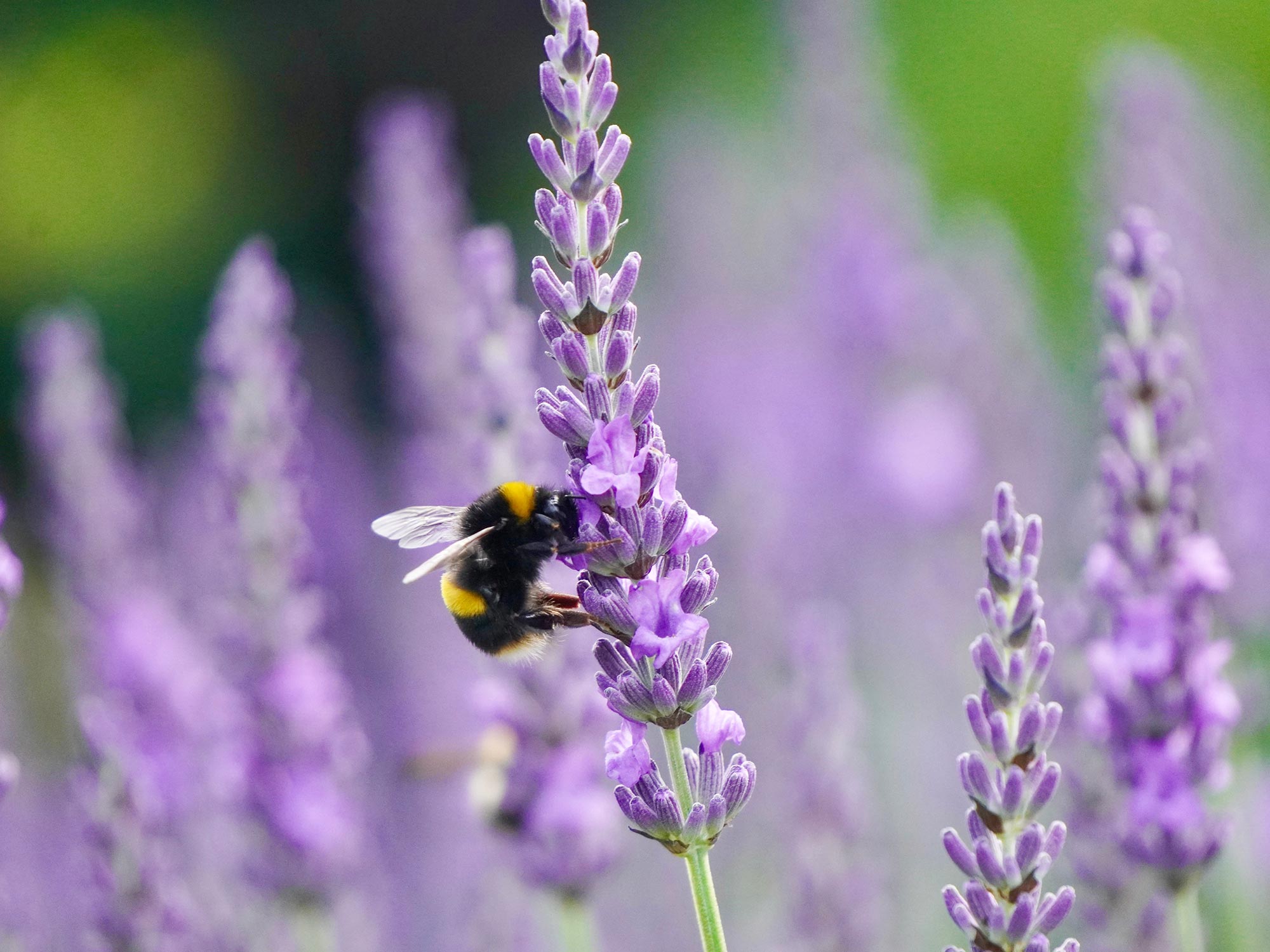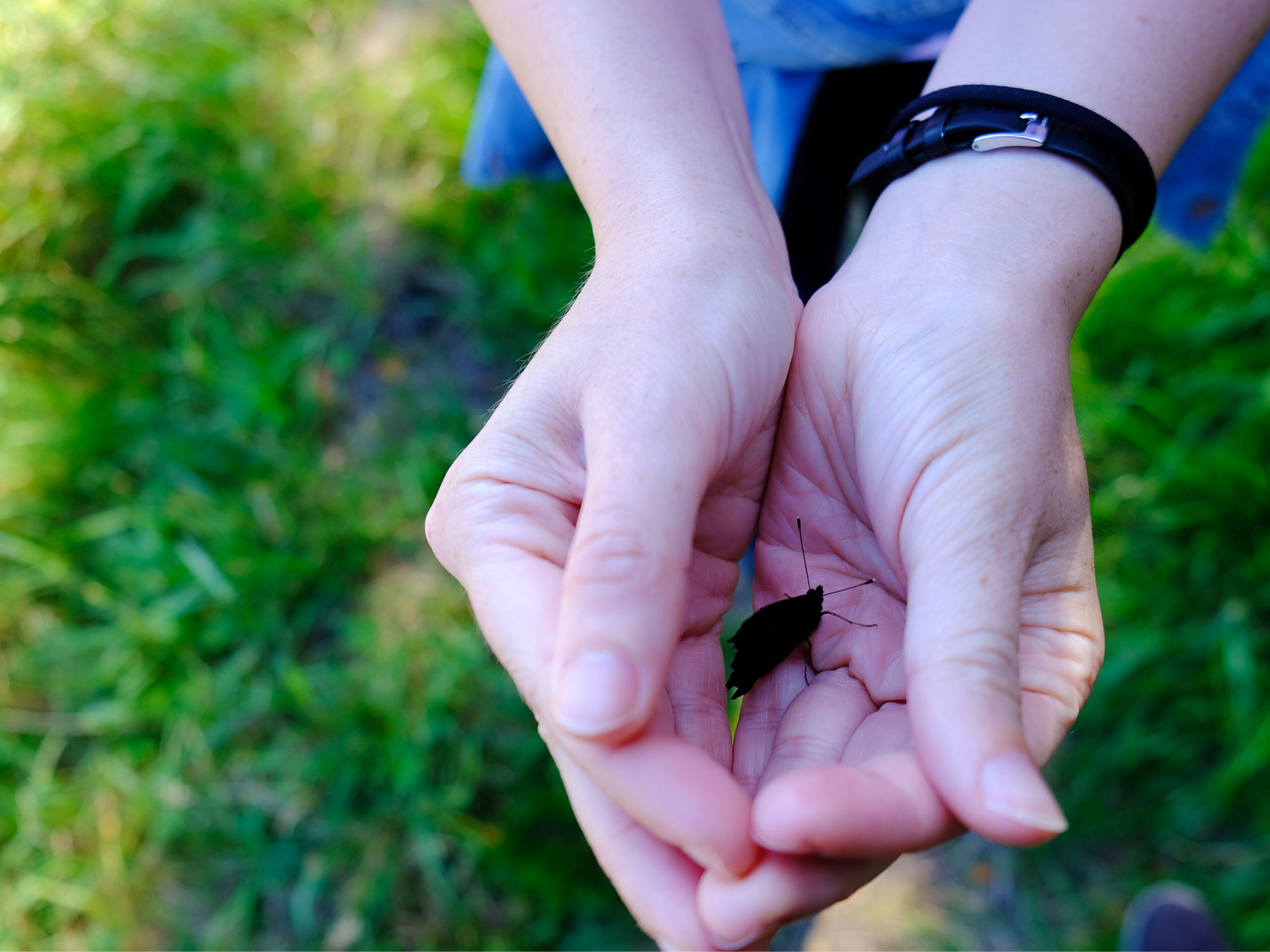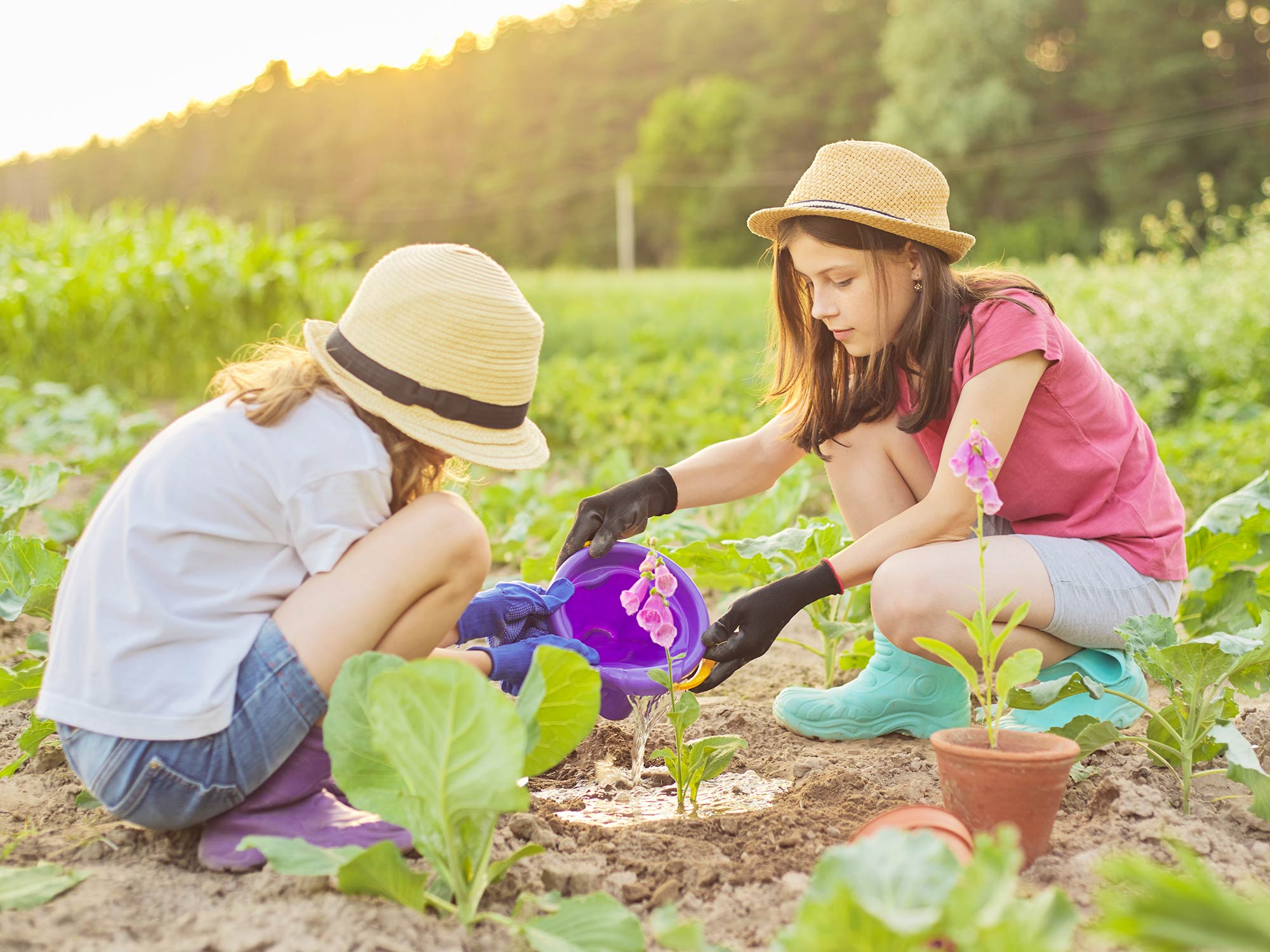
Only When the Ecosystem Is Alive, Can Earth Survive
The diversity of living things on Earth is essential for the health of our planet and for our human wellbeing. Healthy ecosystems, the interdependent webs of living organisms, provide us with clean air, fresh water, food, natural resources, and medicine.
Unfortunately, as the human population grows, our needs for food, water, land, energy, and more stuff are destroying habitats of many living things, polluting the air and water, and driving the species of animals and plants to extinction.
“We are in a bottleneck of overpopulation and wasteful consumption that could push half of Earth’s species to extinction in this century.”
E.O. Wilson, Biologist
Biodiversity on Earth, is a major factor in nature’s resilience. In a biodiverse ecosystem, if some organisms can no longer thrive, others can take their place and fulfill essential functions. There are often the most overlooked species that are the most important to healthy ecosystems. Insects are the typical example. Insects play an essential role in pollinating flowering plants—a third of the food we eat depends on animal pollinators.
The Sixth Mass Extinction
Since living things appeared on Earth, there have been five mass extinctions in which many species were wiped out because of catastrophic climate change, volcanic activity, the impact of an asteroid, or other reasons we have not yet discovered.
Scientists warn that the sixth mass extinction is currently taking place. It is estimated that since the year 1500, Earth already has lost between 7.5 and 13% of the two million known species—a staggering 150,000 to 260,000 species. This is between 100 and 1,000 times higher than the pre-human background rate of extinction. Past five mass extinctions were caused by natural causes such as asteroid impacts or crustal movements, but this time it is unusual for it is caused by humans; we are destroying the ecosystem.
WWF’s Living Planet Report estimates that we have lost 68% of all vertebrate wildlife populations since 1970. During that time, our population has increased from 3.7 billion to over 7.9 billion today. Invertebrates, while understudied, aren’t faring any better. A German study found out that flying insect populations have crashed by three quarters since 1989, reflecting similar trends around the world.
According to the landmark report 2019 of Intergovernmental Science-Policy Platform on Biodiversity and Ecosystem Services [IPBES], one million species are now at risk of disappearing for good; and according to the IUCN Red List of Threatened Species, 41% of amphibians, 25% of mammals, 34% of conifers, 13% of birds, 31% of sharks and rays, 33% of reef-building corals, and 27% of crustaceans are threatened with extinction.
The loss of biodiversity is attributable to several causes, but by far the biggest culprits are habitat destruction and overexploitation of wild species, driven by our exploding numbers and unsustainable consumption.
What Do Insects Do?

Insects are critical to agriculture, human health, and bioresources because they play important roles in all terrestrial ecosystems; they cycle nutrients, disperse seeds, pollinate plants, maintain soil structure, improve fertility, and control population of other organisms. Insects are at the base of the food chain, therefore their recovery is a prerequisite for the recovery of other species.
Predatory insects feed on pests that threaten crops, thus performing the role of pesticides without chemicals. This reduces pest-control costs and increases crop yields, while reducing pesticide residues.
Insects also contribute to the breakdown of organic matter like fallen litter, corpses, and animal faeces. This is important since it reuses nutrients, making them available for aerating the soil.
Some plants produce fruit and seeds that are eaten and collected by ants. Ants bring these seeds to their nests to eat and it is possible that some seeds are dropped along the way and others may be cached in the soil. These seeds may germinate and establish plants at a new location. Therefore, ants play a crucial role in the dispersal of fruit and seeds from plants. There are over 150 plant species that depend on insects for dispersal.
Similarly, honeybees pollinate and help plants grow, breed, and produce food. To keep the cycle of life going, bees transfer pollen between flowering plants. Most of the food we consume depends on pollination.
We also rely on insects for silk, dye, honey, wax, and medical and genetic research.
A recent study led by experts revealed that darkling beetle (indigenous to East Asia including the Korean peninsula) larvae are capable of decomposing plastic components by breaking them down at the molecular level. Researchers discovered that the larvae of the beetle can decompose polystyrene, which earlier was difficult to break down due to its unique molecular structure. Currently, there are more than 50 known species of plastivores, including the greater wax moth, providing hope for scientists seeking to reduce plastic pollution.
It was once stated by E.O. Wilson, a noted biologist: “If all mankind were to disappear, the world would regenerate back to the rich state of equilibrium that existed ten thousand years ago. If insects were to vanish, the environment would collapse into chaos.”
Thus, insects constitute a substantial part of our ecosystem but the number and diversity of insects are decreasing due to habitat loss, pollution, and climate change. Preservation and restoration of habitats that support insect diversity are essential to their conservation, otherwise many of these species will become extinct.
How Do We Protect Insects?

The United Nations has a long history of mobilizing the world against hatred of all kinds to defend human rights and advance the rule of law. The impact of hate speech cuts across numerous existing United
As insects have a tremendous influence on our lives, we must provide the environment it can live in, rather than taking away its habitats.
Pesticides and insecticides such as Neonicotinoids should be prohibited in local vegetation and green areas since they harm insect populations and mandate nature-rich development practices.
Furthermore, artificial light at night can harm and kill many creatures, including amphibians, birds, insects, and plants. For example, most nocturnal insects are attracted to artificial lights that indirectly kill insects via exhaustion or through predation before dawn. Therefore, protecting dark night skies will benefit insect populations.
Growing native plants is important in protecting native insects due to their close ecological relationships. There are many insect species that depend on these plants for food and nesting sites, and become prey for birds and other wildlife, so native plants indirectly attract numerous vertebrates.
International Day For Biological Diversity 2022: Building a Shared Future for All Life

The Convention on Biological Diversity [CBD] is an international environmental agreement for the conservation of ecosystem and the fair sharing of the benefits through the cooperation of the state, local governments, non-governmental organizations, and environmental and civic groups. It is one of the three major UN environmental conventions along with the United Nations Framework Convention on Climate Change [UNFCCC] and the United Nations Convention to Combat Desertification [UNCCD].
The United Nations declared May 22 as the “International Day for Biological Diversity” in an effort to raise awareness and understanding of the issue of biodiversity.
The theme for 2022 is “Building a shared future for all life,” pursuing sustainable development and emphasizing the importance of all living things on Earth and the well-being and future of mankind as well.
Biodiversity includes diversity between species (species diversity), between ecosystems (ecosystem diversity), and within species (genetic diversity). The International Day for Biological Diversity, which was established for the conservation and management of global biodiversity, aims to raise the awareness of biodiversity issues and to discuss solutions.